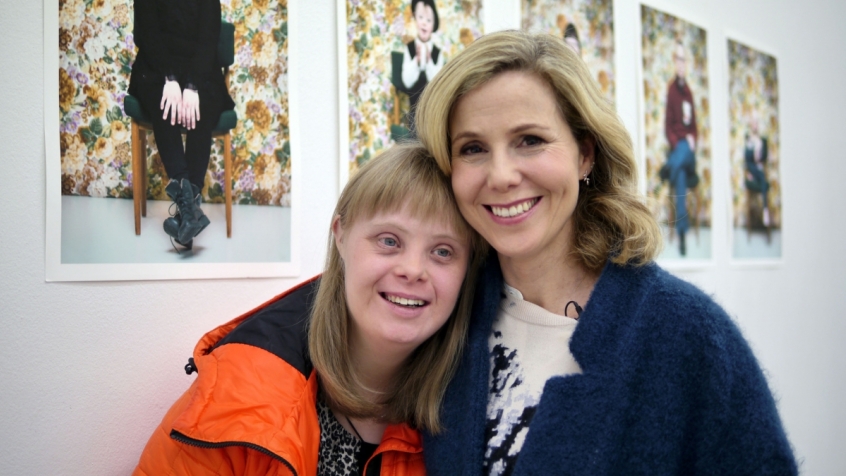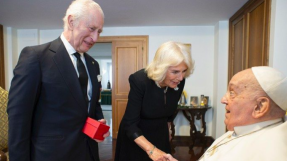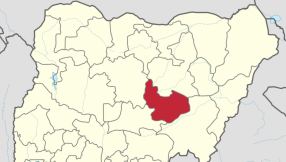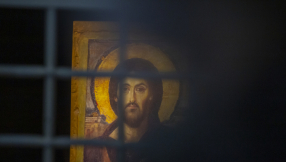The UK's treatment of Down's syndrome children amounts to eugenics, the Church of England's general synod heard on Saturday.
The remarks came as the Church expressed concern that a new type of non-invasive prenatal screening could lead to more babies with Down's being aborted. Women at a high risk of giving birth to a child with the disability are being told it is 'bad news' and repeatedly encouraged towards termination, the synod heard.

The synod unanimously backed a motion in favour of valuing people with Down's syndrome and called for 'unbiased information' for parents when told their child may have Down's.
The Bishop of Carlisle James Newcome, said parents must be provided with 'full information about the support available and the future prospects of those with this condition, with no implied preference for any outcome'.
He insisted the debate was 'definitely not an attempt to tell women what they should do when faced with a desperately difficult personal decision' but added concerns at abortion were present.
'Although the motion today has partly been prompted by some people's concern that the abortion rate for those diagnosed with Down's Syndrome could increase to nearly 100 per cent, the rights and wrongs of abortion itself are not the purpose of our discussion.'
Andrew Gray, a lay member of Synod, said: 'We live in a society that claims to value and appreciate those who are different and those who have a disability and yet what we say and do are two different things.
'In countries like Iceland Down's Syndrome has been virtually eliminated.
He added: 'What we have is a very simple situation. The UK and Europe has begun to practise eugenics, by default, and without intent.
'This is not because of a state-led desire to remove those considered weak or sub-human – we don't live in 1930s Germany, thank God. But while the reasons and the motivations are different, the outcome is the same,' he said.
Another synod member, Mark Bratton, said: 'I think we are right to be concerned about the eugenic undertones and hurtful impact of some aspects of the debate.'
The synod backed the motion by 284-0.













